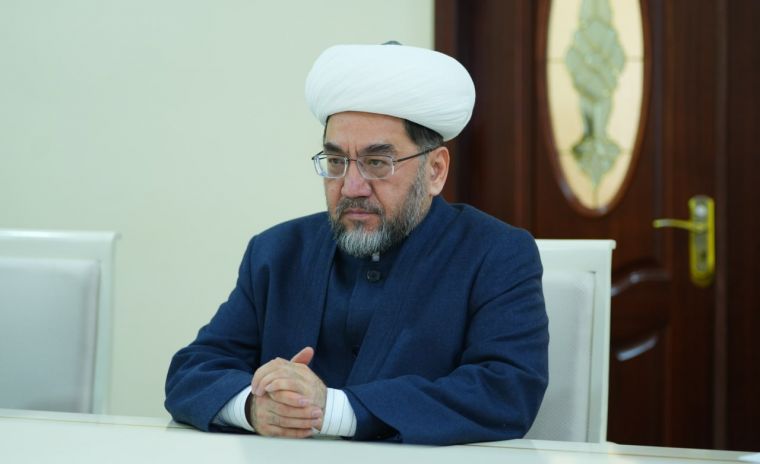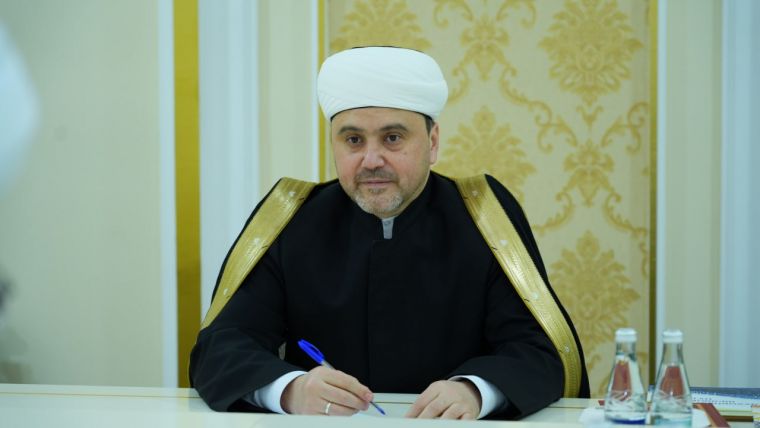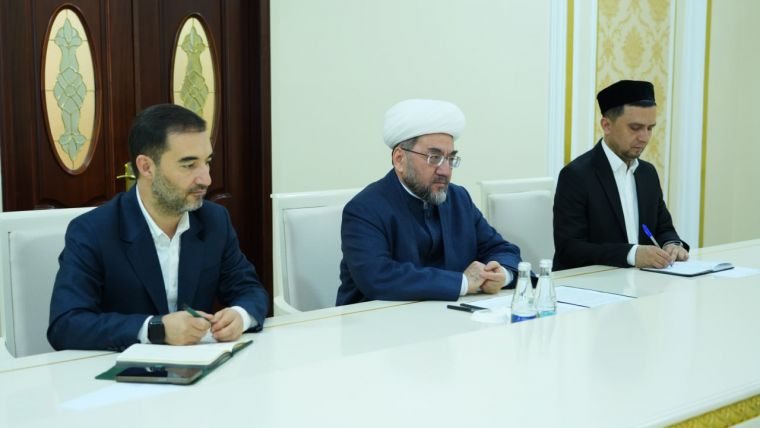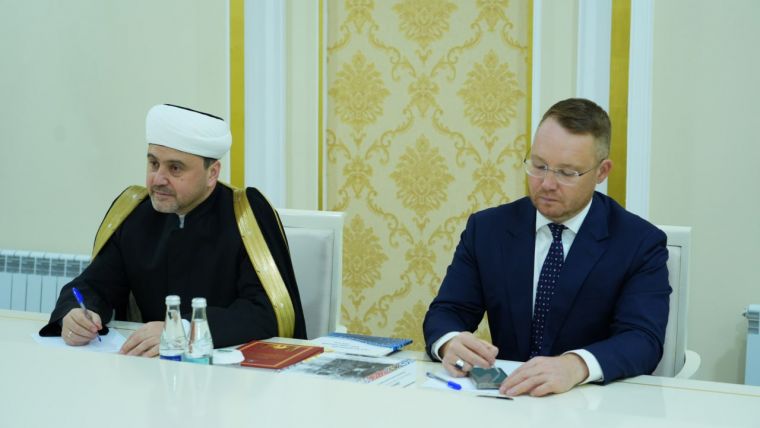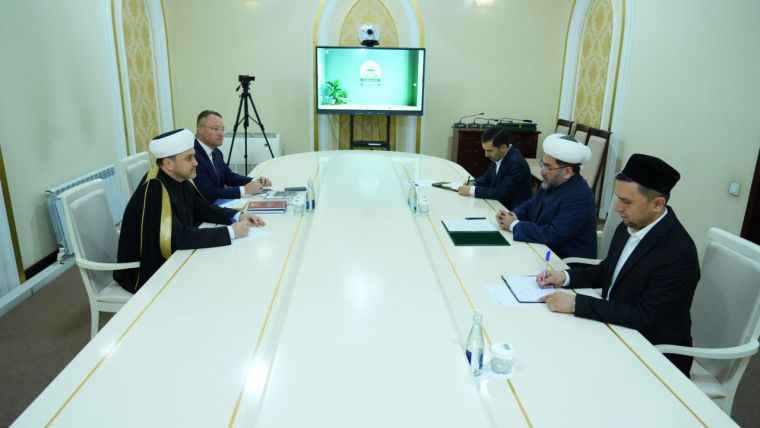Tashkent city


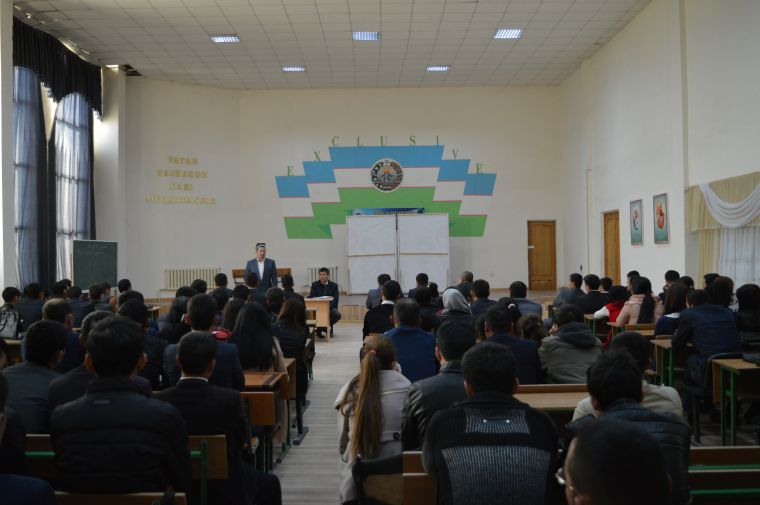
Imams of Sirdarya region are organizing meetings in educational establishments under the motto “Enlightenment against illiteracy”.
During December it is planned to make speeches on “Prevention of crime and suicide attempts among young people”, “Iyman – purity”, “Liability and responsibility of children”.
Presentation makers talked about parents’ and children’s rights and liabilities by advising on delicate topics such as material and spiritual cleanliness, introduced a lot of information on how encroachment on others rights, life, property and dignity are considered to be a sin, suicide is not solution for the problem and it is possible to build one’s own happiness only by patience and hard work.
Imams answered all questions interested by young people.
Press service,
Muslim Board of Uzbekistan
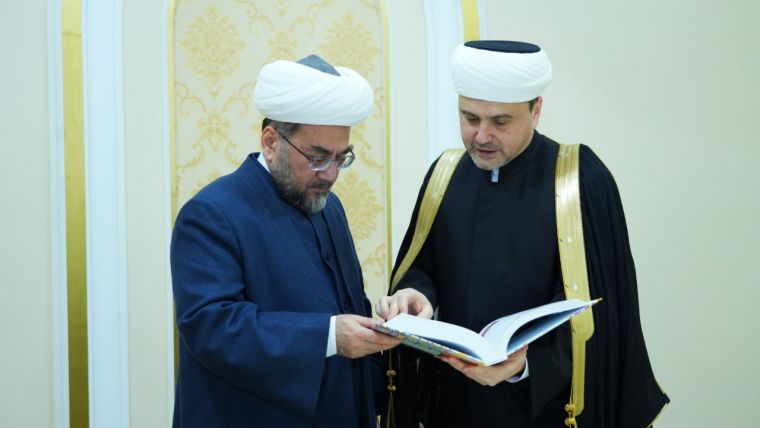
The Chairman of the Muslims Board of Uzbekistan, Mufti Sheikh Nuriddin Khaliqnazar, received Rushan Abbyasov, the Deputy Chairman of the Religious Board of Muslims of the Russian Federation.
During the meeting, the sides discussed key issues of mutual interest, including the organization of international conferences and the implementation of joint projects in religious, enlightenment, scientific, and educational spheres.
Press Service of the Muslims Board of Uzbekistan
